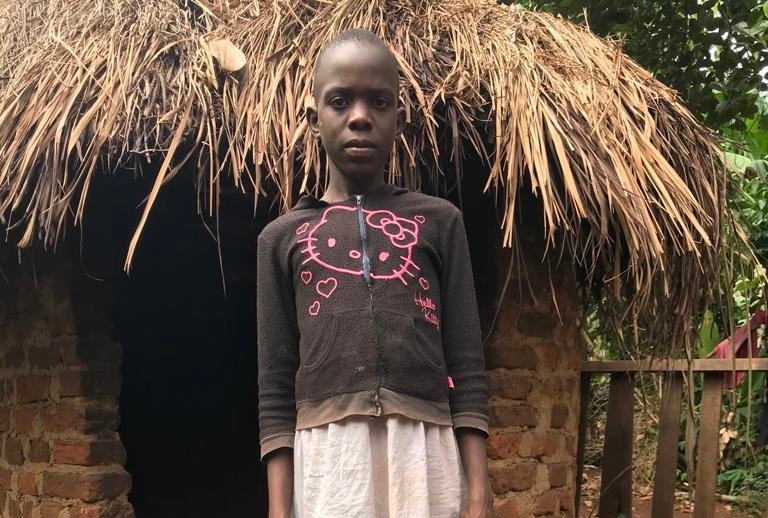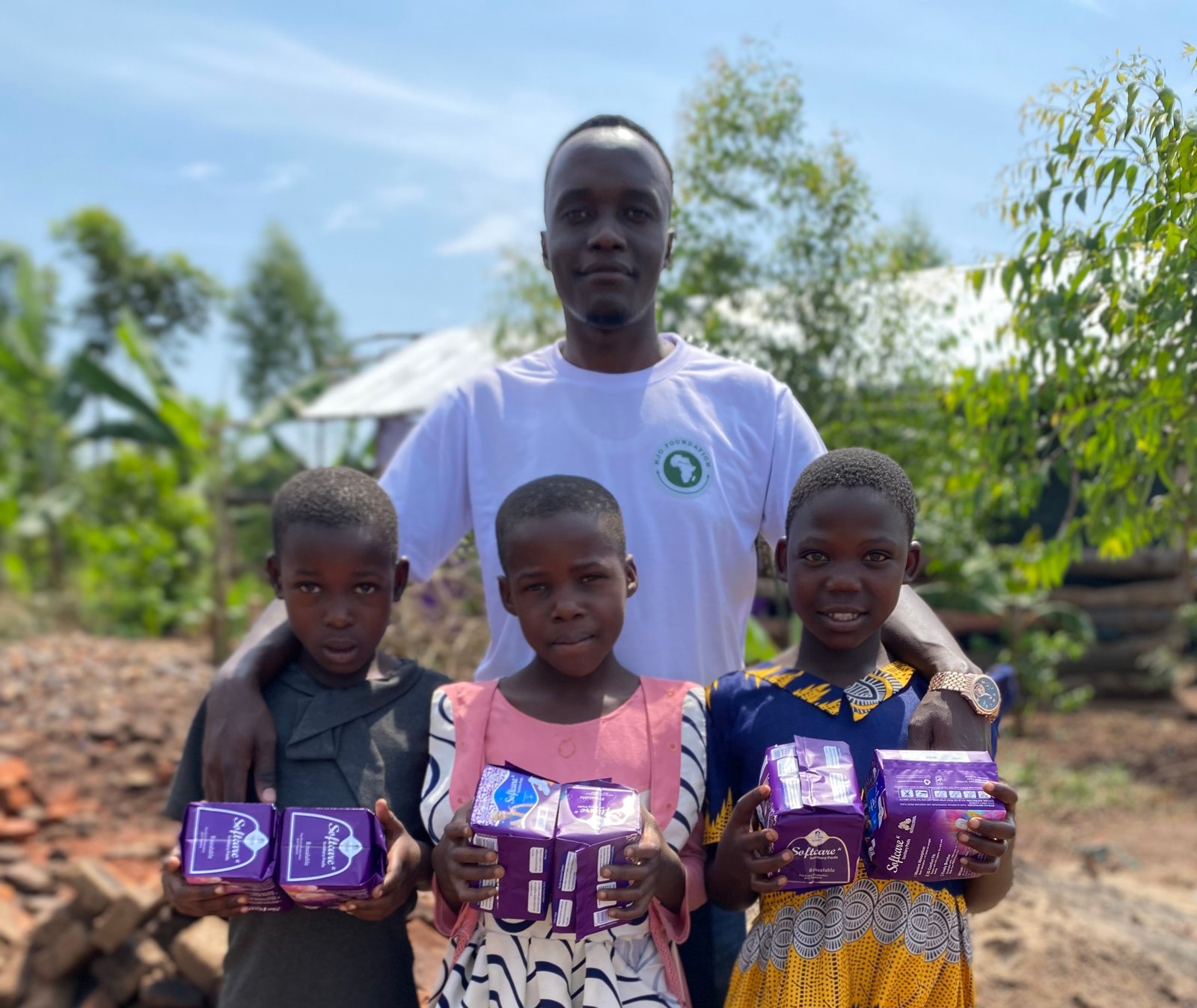
Impact of poverty on children’s lives
Across Africa poverty is having an extremely damaging impact on people’s lives, especially the lives of children and young people. This is a major issue, which can be seen in the country of Uganda, where NJO Foundation Africa is based.
Working alongside vulnerable individuals the aim is to relieve the stresses from poverty on those same individuals and in some instances children. Issues of poverty include:
- Lack of access to food and water
- Illiteracy and low attendance in education
Within the organisation these are issues that are being addressed, as they are causing lifelong problems, in turn impacting children’s lives both short and long term. As children are some of the most vulnerable people in society, it’s important to give them the support they need as they grow and develop into adulthood. NJO Foundation Africa believes issues from poverty severely impact children, as a result these major concerns need addressing.
Lack of access to food and water
Having access to food and water is a definite struggle for children living in poverty within Uganda. Access to clean drinking water and a frequent source of food isn’t always available. Many children have to drink unsafe water, which causes 4,500 deaths each year. Poverty forces children to drink contaminated water as families are unable to afford access to clean water sources. The struggle is even more dire in the rural areas, where poverty levels are higher.
It's a similar situation with food, as 1 in 2 children in rural Uganda fail to eat 3 meals a day. Unable to afford food, children in poverty are forced to live with a scarce amount each day, limiting their ability to function daily, and being more prone to developing conditions such as malnutrition. Therefore, children living in poverty can become gravely impacted by food and water insecurity, leading to lifelong issues and sometimes even death.
Illiteracy and low attendance in education
Education for children helps them learn new skills, become literate and advances their ability to provide for families too. It is an important stepping stone to become highly skilled and escape poverty. However, while in poverty the commitment to education is difficult. In Uganda, 1 in 5 children fail to complete primary school, meaning they’re unable to carry on with their academic journey. The education for them is unable to be completed due to high school costs, having to find work or commit to responsibilities in the family household instead. For girls in rural areas, they’re even more likely to leave school as they learn to take on responsibilities usually underdone by women in the family; leading to an imbalance of girls in poverty facing higher rates of illiteracy.
Illiteracy is a factor of low attendance as 2 out of every 10 Ugandan’s older than 15 are unable to read and write. That is roughly 9 million people in the country, facing illiterate skill issues. The failure to commit to education as a child subsequently causes issues later on, or prevent them from becoming trained in different fields, therefore potentially preventing children from having a future outside poverty.
The work and progress of NJO Foundation Africa
For the organisation these two impacts of poverty (as well as others) are a major concern. Children’s futures are made better by the work being produced. For the issue of education, funding for school fees is provided to secure children being able to afford staying in education. As well as this, children can be educated by NJO Foundation Africa as forms of education are provided to learn skills such as cooking and craft making. Providing children with lifelong skills.
As well as this the access of clean drinking water is being addressed. The current instalment of boreholes within rural and most affected communities provides them with access to a regular water source that is also clean and safe to drink. Children therefore are protected by eliminating the need to drink contaminated water. NJO Foundation Africa works not only to meet children’s rights but also to provide services bettering their lives and eliminate the impact of poverty once and for all.









